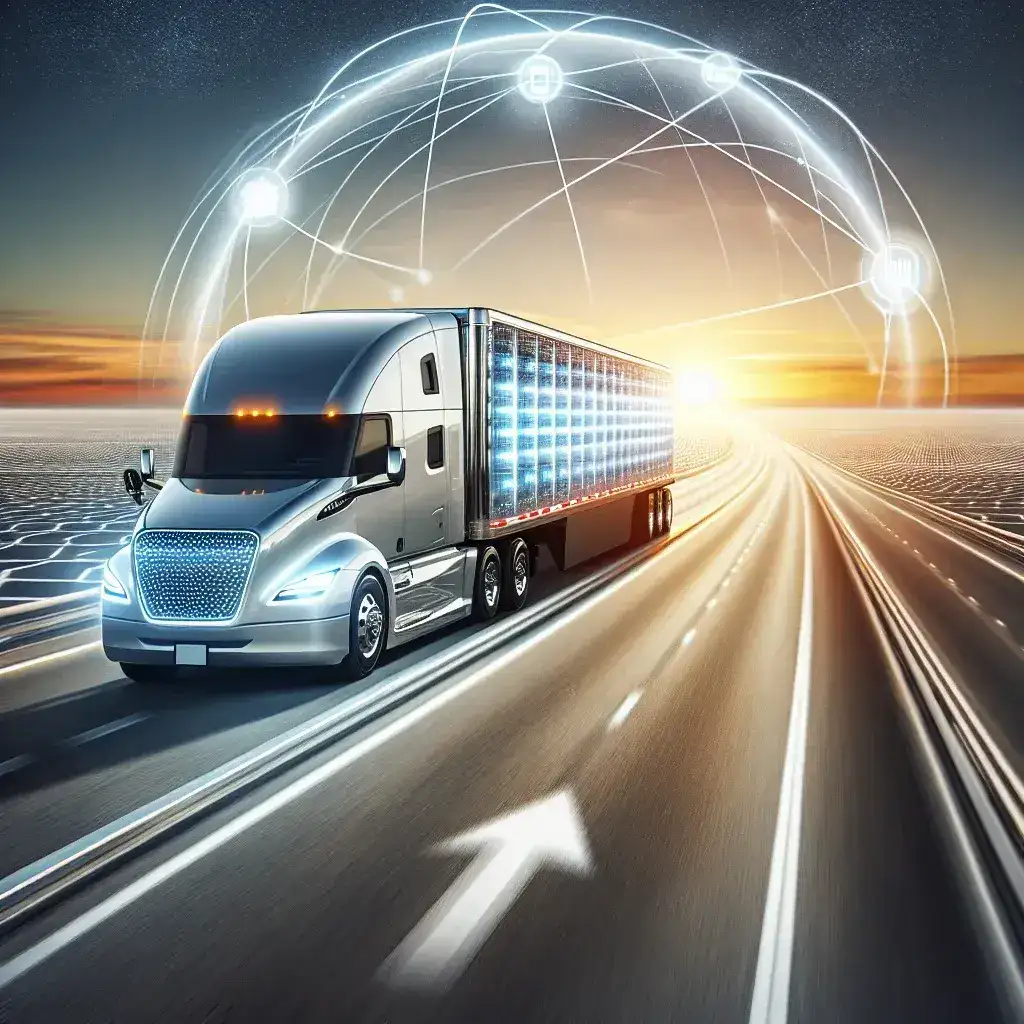Hydrogen Fuel Cell Trucks Achieve 1,000-Mile Range for Long-Haul Transportation
Introduction
The demand for sustainable transportation solutions has reached unprecedented levels, and hydrogen fuel cell trucks are at the forefront of this revolution. With the capability to achieve a remarkable 1,000-mile range, these vehicles are set to transform long-haul transportation. This article delves into the technology behind hydrogen fuel cells, their advantages, challenges, and the future outlook for the industry.
Understanding Hydrogen Fuel Cells
Hydrogen fuel cells convert chemical energy from hydrogen into electricity, which powers electric motors. They operate through a simple yet effective process:
- Hydrogen Supply: Hydrogen gas is stored in high-pressure tanks within the vehicle.
- Electrochemical Reaction: The fuel cell combines hydrogen with oxygen from the air to produce electricity, with water and heat as the only byproducts.
- Power Delivery: This electricity powers the vehicle’s electric motors, propelling it forward.
Why 1,000-Mile Range Matters
A 1,000-mile range is a game-changer for long-haul trucking. Traditionally, diesel trucks have dominated this market, providing the necessary range for cross-country deliveries. The advantages of hydrogen fuel cell trucks with this range include:
- Reduced Downtime: Longer ranges mean fewer refueling stops, leading to increased productivity and reduced delivery times.
- Environmental Benefits: As these trucks emit only water vapor, they significantly lower the carbon footprint associated with transportation.
- Energy Efficiency: Hydrogen fuel cells are more energy-efficient compared to internal combustion engines.
Historical Context
The journey towards hydrogen fuel cell technology began in the 19th century, but it gained significant momentum in the late 20th century. Early applications were limited, primarily focusing on smaller vehicles and backup power systems. However, as concerns about climate change and air pollution grew, the transportation industry began to explore hydrogen as a viable alternative to fossil fuels.
Current Innovations in Hydrogen Truck Technology
Several companies are leading the charge in hydrogen fuel cell truck development:
- Company A: Recently launched a long-haul truck boasting a 1,000-mile range, with a focus on logistics and freight efficiency.
- Company B: Has partnered with major retailers to develop a fleet of hydrogen trucks aimed at reducing carbon emissions.
- Company C: Recently opened a network of hydrogen refueling stations, facilitating the adoption of hydrogen trucks across the country.
Pros and Cons of Hydrogen Fuel Cell Trucks
Pros
- Zero Emissions: The only byproduct is water, making it environmentally friendly.
- Rapid Refueling: Hydrogen vehicles can be refueled in under 15 minutes, similar to traditional diesel trucks.
- Performance: They offer high torque and power, essential for heavy-duty applications.
Cons
- Infrastructure Challenges: A lack of hydrogen refueling stations limits adoption.
- High Production Costs: The cost of producing, storing, and transporting hydrogen remains a barrier.
- Energy Efficiency Concerns: Hydrogen production often involves energy-intensive processes.
Future Predictions
The future of hydrogen fuel cell trucks is looking promising. Industry experts predict:
- By 2030, we may see a significant increase in hydrogen refueling infrastructure, making it easier for fleets to adopt this technology.
- Advancements in hydrogen production techniques could lower costs and improve efficiency.
- The market for hydrogen fuel cell trucks is expected to grow, with more manufacturers entering the space.
Real-Life Examples
Companies are already reaping the benefits of hydrogen fuel cell technology:
- Logistics Company X: Implemented hydrogen trucks in their fleet, reducing carbon emissions by 30% in the first year.
- Retailer Y: Plans to transition 50% of their delivery fleet to hydrogen-powered trucks by 2025, aiming for a greener supply chain.
Cultural Relevance
As societies become more environmentally conscious, the shift towards sustainable transportation solutions is vital. Hydrogen fuel cell trucks are not just a technological innovation; they represent a cultural movement towards reducing our carbon footprint and combating climate change.
Conclusion
Hydrogen fuel cell trucks achieving a 1,000-mile range are set to revolutionize long-haul transportation. While challenges remain, the benefits are undeniable. As more companies invest in this technology and infrastructure improves, we can expect hydrogen trucks to play a significant role in building a sustainable future for freight transport.

